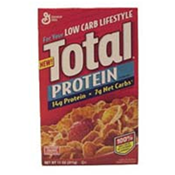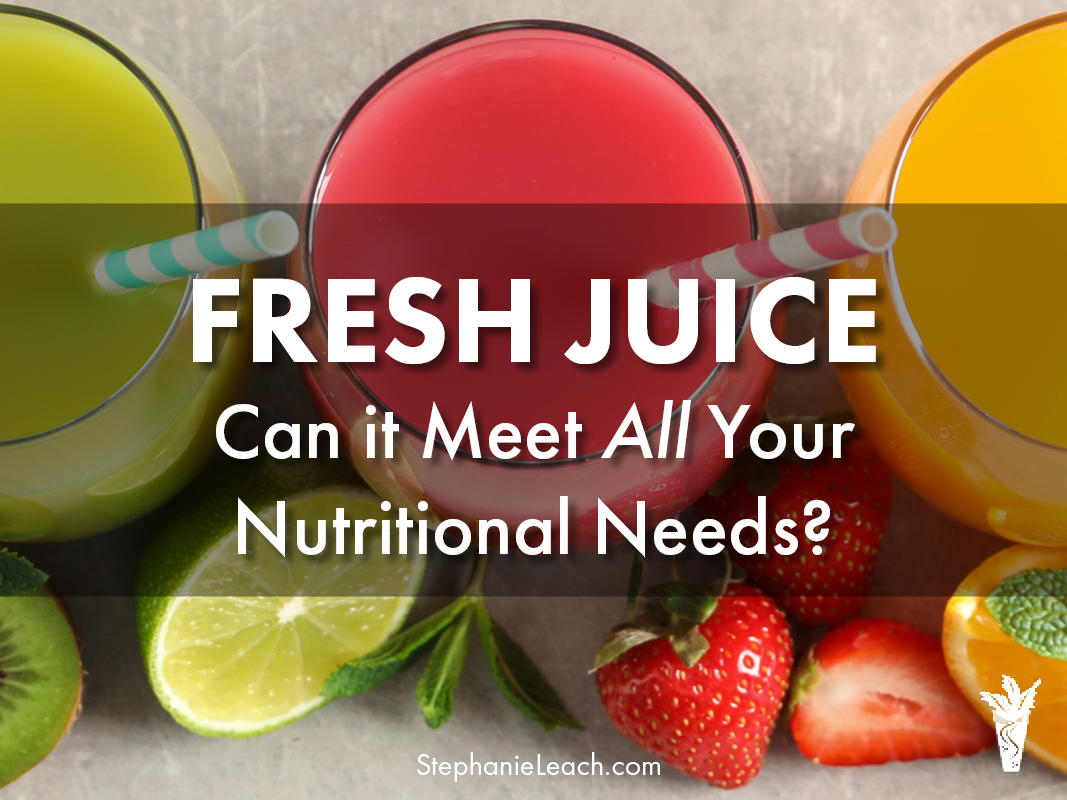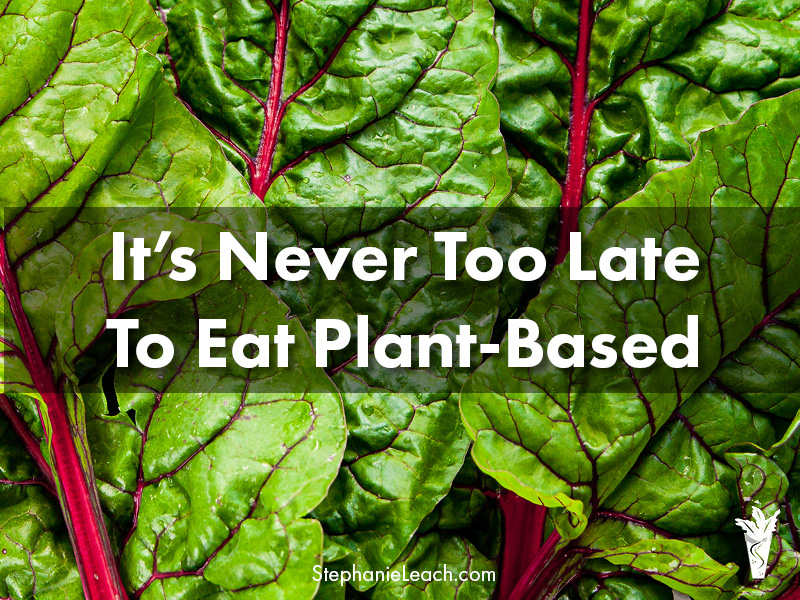Americans are obsessed with protein. We worry if we are “getting enough.” And if we start to reduce our meat intake in favor of more vegetables and grains, we really worry we’re not getting enough.
Because “carbs” are perceived as bad, food companies proudly tout the grams of protein on their highly-processed breakfast cereals and snack bars, knowing we will reach for them. This is known as the “halo effect.”
Even if the product contains chemical food dyes, artificial preservatives and sweeteners, we buy it. Because it’s “high in protein.”
Well, it’s time to knock the halo off of protein.
Yes, protein is a vital nutrient. Proteins are the building blocks of your body, including muscle and major organs.
But how much protein do we need?

Carb Solutions Caramel Peanut Butter Crunch High Protein Bar
You get some deadly trans fat with your 13 grams of protein. Yikes!
The Dietary Guidelines for Americans, 2015, set the Recommended Dietary Allowance (RDA) at 46 grams for women, and 56 grams for men. Or 10-30% of overall caloric intake.
So how are we doing? Are we getting enough?
The largest study in history of those eating plant based diets compared the nutrient profiles of 30,000 non-vegetarians to 20,000 vegetarians.
Turns out everyone – meat eaters and vegetarians alike – are getting about 70% more protein than they need every day. Only 3% of adults don’t get enough protein.
But there is one nutrient we are absolutely, almost positively deficient in.
FIBER.
A measly 3% of Americans get the minimum recommended fiber intake of 14 grams per 1000 calories.
We average about 15 grams a day. The average minimum is 31.5. So we are getting less than half the minimum!
Adequate dietary fiber lowers your risk of diabetes, metabolic syndrome, cardiovascular disease, obesity, various cancers, as well as the risk factors for these conditions, including high cholesterol, hypertension, and elevated blood glucose.
Clearly, fiber is where we need to focus, not protein.
Fiber is not naturally found in meat, dairy, eggs or junk food. It’s found in PLANTS! Hooray for plants!
A plant strong diet with higher consumption of delicious fruits, vegetables, nuts, legumes and whole grains contributes significantly less fat, saturated fat and cholesterol, while offering more fiber, folate, vitamin C, and phytochemicals for disease prevention and optimal health.
Interestingly, even semi-vegetarians make the daily minimum for fiber. And strict vegetarians get 3 times that.

Kellogg’s FiberPlus Antioxidants Protein Bar Mixed Nut
Contains deadly trans fat, BHT and artificial preservatives!
The next time you feel drawn to a product touting its grams of protein, please turn it over and read the ingredients list.
- Does it contain artificial sweeteners or preservatives, chemical food dyes or deadly trans fats (look for “partially hydrogenated”)?
- How much sugar does it have?
- Are the grains whole, or are they highly processed or pulverized?
Track your dietary fiber for a week, and see where you are at. If you are deficient, slowly increase your fiber intake to allow your system to adjust. Perhaps 5 grams of fiber per day for a week, then step it up another 5 grams per day the next week, and so on.
Your body will thank you for the wonders of plant based phytochemicals, antioxidants, fiber and whole food nutrition!
A balanced, whole food, plant-based diet provides adequate protein along with all that beneficial fiber.










Leave A Comment